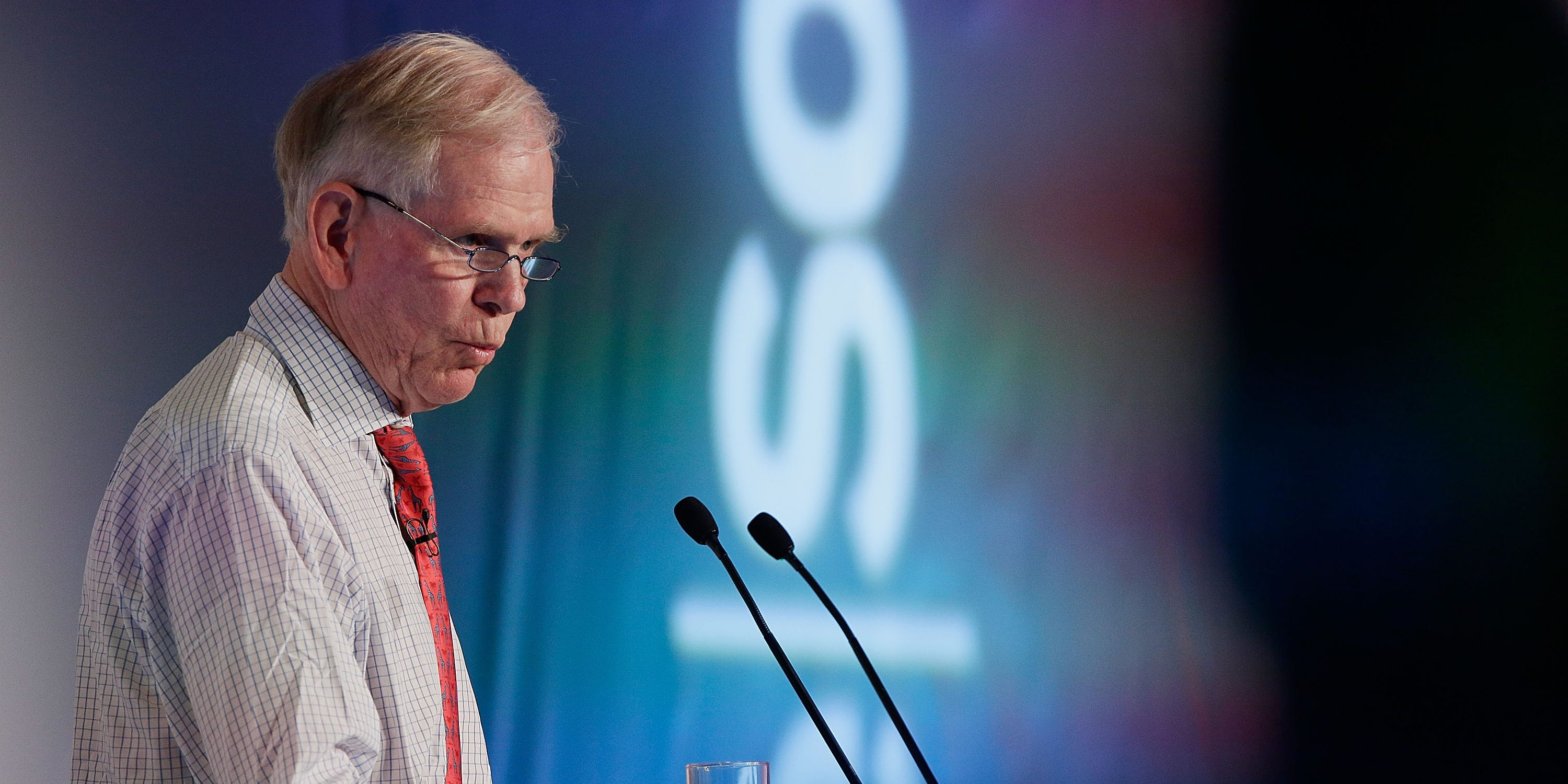Jeremy Grantham’s GMO has filed with regulators to create its first ETF. The proposed fund will be actively managed and focus on high quality stocks. This comes as investment firms are turning towards ETFs over mutual funds, which have fallen in popularity. Loading Something is loading.
Thanks for signing up!
Access your favorite topics in a personalized feed while you’re on the go.
Jeremy Grantham’s GMO is hopping into the ETF industry in a first for the $59 billion investment firm.
The proposed fund would be an actively-managed ETF with a focus on equities the company considers high quality, an application filed Monday with the Securities and Exchange Commission said. Known as the GMO US Quality ETF, it would operate under the ticker QLTY.
The filing defined high quality companies as those that “will deliver a high level of return on past investments and that will use cash flows to make investments with the potential for a high return on capital or to return cash to shareholders through dividends, share buybacks, or other mechanisms.”
GMO’s bid is part of a larger industry swerve into the ETF space, as the investment vehicle continues to gain amid a slide in mutual funds, Bloomberg reported — at the end of 2022, a $1.5 trillion gap had formed between the two types of funds, as assets managed by ETFs soared.
According to its website, GMO manages nearly 30 mutual funds. The ETF’s creation came from intermediary and wealth management demand, a GMO spokesperson said in a statement.
But by entering the $7.4 trillion industry, Grantham’s ETF will face the challenge of finding space in an oversaturated corner of the market. It’s especially made more difficult amid an abundance of quality-focused ETFs already available to investors.
Grantham co-founded GMO in 1977, and is a reputed Wall Street investor for predicting the dot-com and 2008 crash. Recently, he forecast a coming recession that could spiral into 2024, and holds little hope of inflation returning to its historic average and sees prices staying elevated for the foreseeable future.
